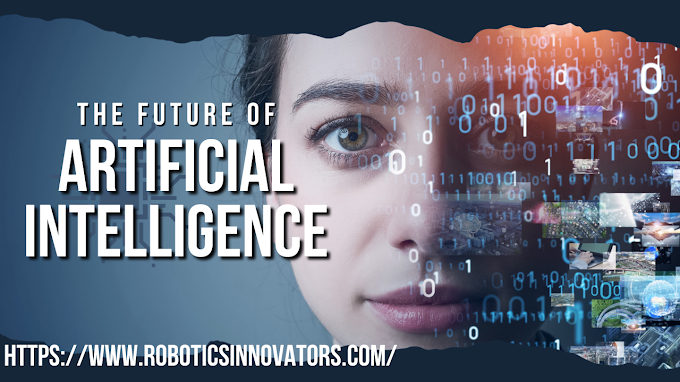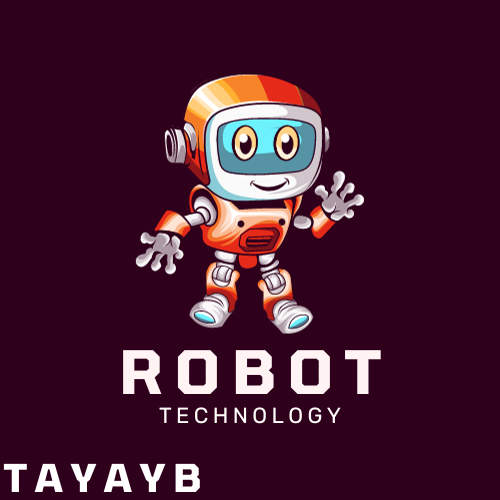Anxiety over automation is increasing across businesses. Automation, robots, and artificial intelligence (AI) will undoubtedly radically alter the role that people play in the workplace, but whether these technologies will eliminate or generate employment requires a more nuanced response than a simple "yes" or "no."
There will undoubtedly be some roles that become outdated, but these tend to be low-skilled or filled by people with little experience.1 Examples include positions requiring physical activity in highly predictable and organized settings as well as duties involving the collection and processing of data.
In contrast, AI and robots present the promise of increased productivity and efficiency, which will alter legacy industries and free up space for the emergence of new ones
According to the World Economic Forum (WEF), technology will generate 12 million more employment by 2025 than it will eliminate.3 Opportunities for outplaced employees and new labor market entrants will arise as a result of creating new roles, encouraging an investment in knowledge and skills that match cutting-edge technology.
More information regarding the potential for AI to create jobs in the present and the future is provided by Thomas Malone, the founding director of the MIT Center for Collective Intelligence.
Increasing human capacities rather than replacing labor is the norm in most cases.
establishing new avenues for innovation
presenting fresh employment possibilities4
But embracing AI means more than just using new technology in your company; it also means being prepared to comprehend its implications. You'll get the knowledge necessary to maintain the adoption of AI in your company by taking the MIT Sloan School of Management's online short course Artificial Intelligence: Implications for Business Strategy.
The digital information and communications, financial services, healthcare, and transportation sectors are adopting AI most widely. AI, comprising machine learning (ML) and neuro-linguistic programming, is ranked sixth on the list of technologies expected to be used by 2025, according to a WEF poll.5
The best positions in automated intelligence
Engineer in machine learningComputer programmers with excellent software abilities are in high demand. Machine learning engineers can use complicated predictive models, handle massive amounts of data, and utilize natural language processing to train computers to carry out particular activities that support corporate objectives.
These engineers collaborate closely with company executives to develop and expand clever businesses that use technology to leverage existing systems and procedures.
data analyst
The core of AI, automation, and ML is data science. By 2022, it is anticipated that the number of data scientist positions will increase by 33%, with demand for this position being constant across virtually all industries.6Large quantities of data must be analyzed, visualized, and modelled by a data scientist in order to create
and put new ML models into practice to assist wise business decisions.
Developer of business intelligence
By analyzing complicated data, business intelligence (BI) experts may find and design solutions to internal company issues and boost profitability.7 As part of this, cloud-based data storage systems must be designed, modeled, tested, and maintained. The data must then be analysed to identify market and business trends. 8software programmer
Software engineers are in great demand as the number of computers and mobile applications that employ software is growing quickly. From 2020 to 2030, their employment is expected to increase by 13%, faster than the average for all occupations. occupations. 9A software developer manages the full process of creating computer programs for a company and offers the finest software for it.10
robotics expert
AI and robotics are distinct in several ways. Artificially intelligent robots, or robots controlled by AI software, will eliminate the robotics vs AI debate.11 However, not all robots are artificially intelligent, and those that are not limited to executing a sequence of repetitive actions.Designing, creating, and programming actual physical robots that can interact with the real environment are all part of robotics. AI is only a tiny component of robots. The majority of industrial robots lack intelligence. A subfield of computer science called artificial intelligence involves creating computer systems to carry out activities that would otherwise require human intellect. Learning, vision, problem-solving, language comprehension, and logical reasoning are all tasks that AI systems can do. 12 Designing, creating, and programming actual physical robots that can interact with the real environment are all part of robotics. AI is only a tiny component of robots. The majority of industrial robots lack intelligence. A subfield of computer science called artificial intelligence involves creating computer systems to carry out activities that would otherwise require human intellect. Learning, vision, problem-solving, language comprehension, and logical reasoning are all tasks that AI systems can do. do. 12
Robots that perform functions in an organization that require human input are created and maintained by robotics scientists. This is typical in the industrial, security, aerospace, and healthcare industries.
For instance, ML and AI are crucial tools in the extensive efforts being made by the medical sector to improve prognostics. Healthcare practitioners may learn more about the planned disruption AI and ML will bring to the health sector in an online curriculum like the MIT Sloan School of Management's Artificial Intelligence in Health Care.
research scientist in AI
An AI research scientist is proficient in a variety of AI fields, including machine learning (ML), deep learning, computer vision, applied mathematics, and computational statistics. Scientists that conduct AI research are in high demand, andToby Walsh, an AI professor at the University of New South Wales, says, "I usually joke that being an AI researcher is the safest profession in the world." The machines will literally be able to do everything else by definition"13 when we have automated AI researchers.
A career in AI or robots has a ton of promise.
Do you want to expand on your current talents or pursue a career in robots or AI? Discover more about this fascinating sector by doing the following:
upgrade online
For artificial intelligence and robotics, there are a variety of online courses accessible, either to learn more about a subject as a whole or to specialize in one particular issue, as is the case with most tech-based occupations.The UC Berkeley School of Information's Artificial Intelligence Plan online short course gives you access to seasoned experts who have solid expertise in identifying possibilities and problems while establishing and implementing a functional plan.
Read and take in
Since AI and robotics are constantly developing fields, it's critical to stay up-to-date on developments in the sector and fresh academic research. Consider subscribing to scholarly publications and looking into as many educational opportunities as you can.Engage in innovative problem-solving.
It takes creativity and skill to understand how to utilize robots and AI. In order to overcome hurdles and achieve your goals, creative problem-solving motivates you to develop novel viewpoints and creative solutions.By applying logical algorithms, polynomial and differential equations, and modeling paradigms, users of AI can address the issue at hand. The same problem can have several solutions, each of which is accomplished using a different heuristic.
The landscape of artificial intelligence professions is broad and diverse, and each position requires a certain amount of education and expertise. A seismic change in the presence of AI expert employment has the potential to generate millions of new jobs throughout the globe.
Anyone who wants to stand out in the field of AI, robots, or automation must prioritize both their professional growth and society's need to adapt to the profound changes these technologies will bring about. 15









.jpg)



